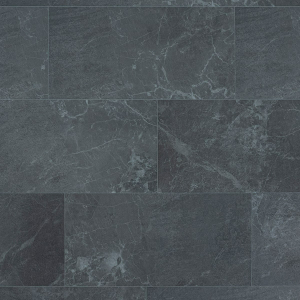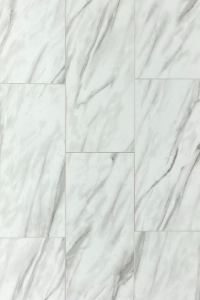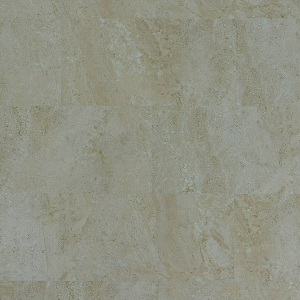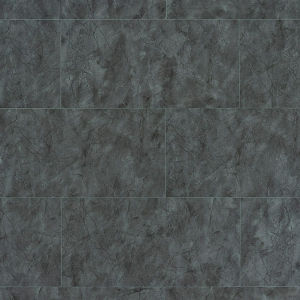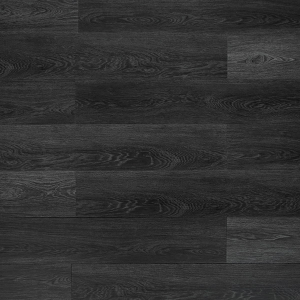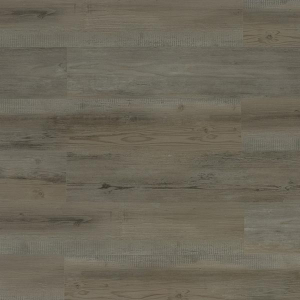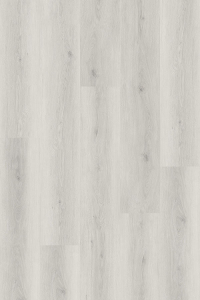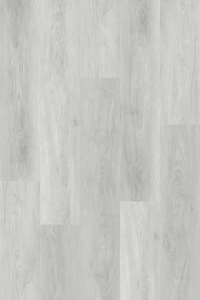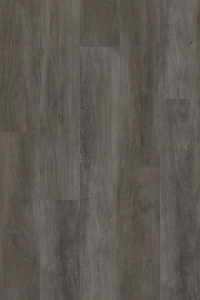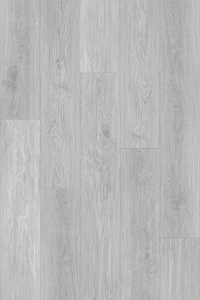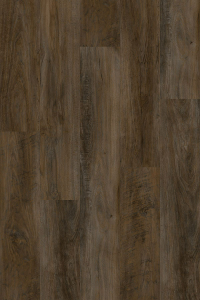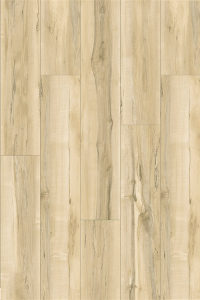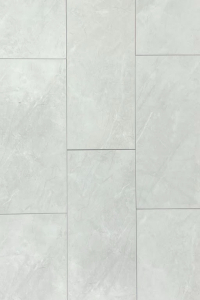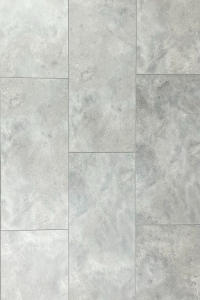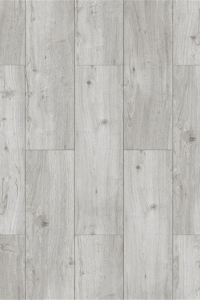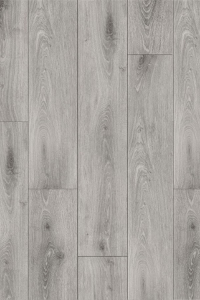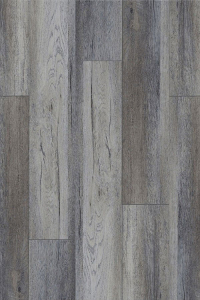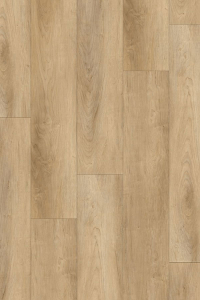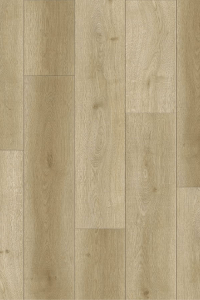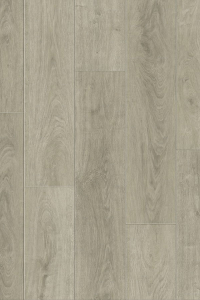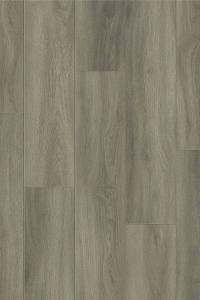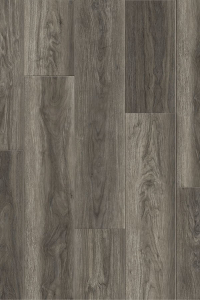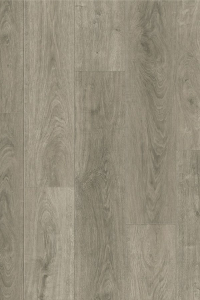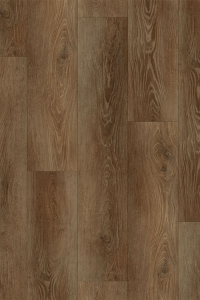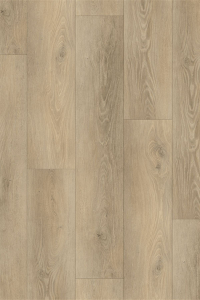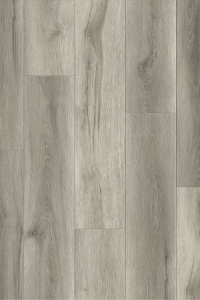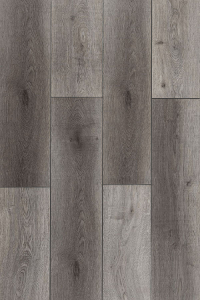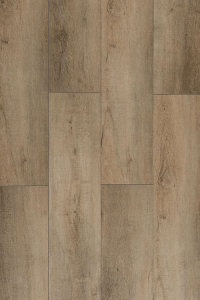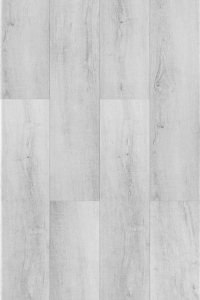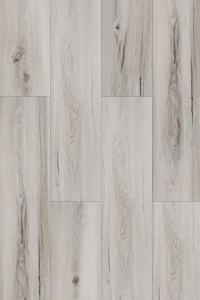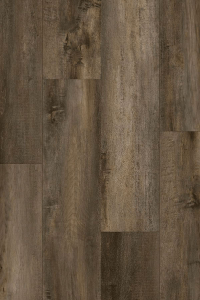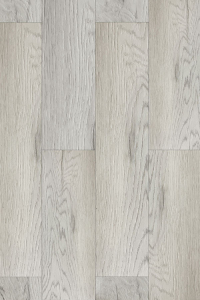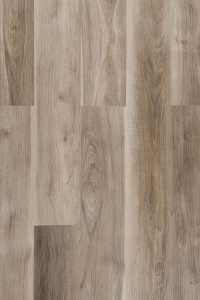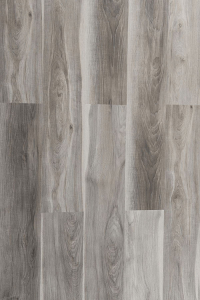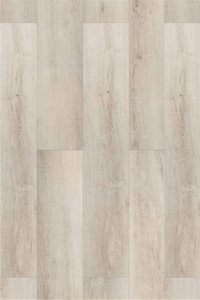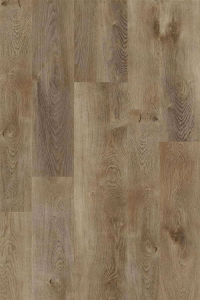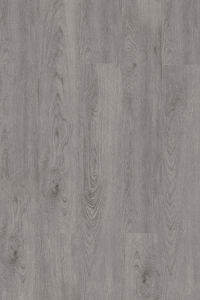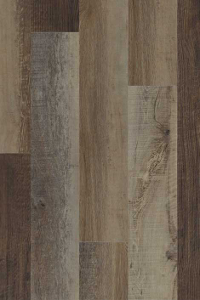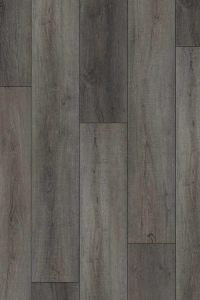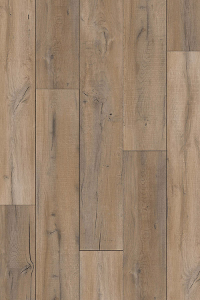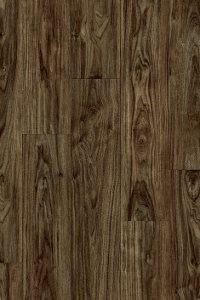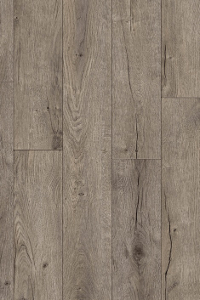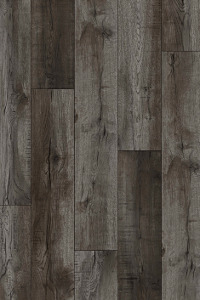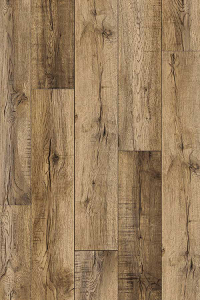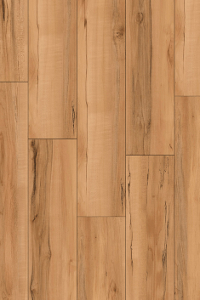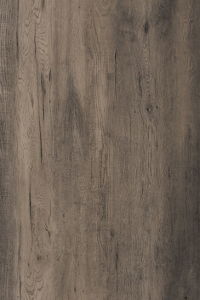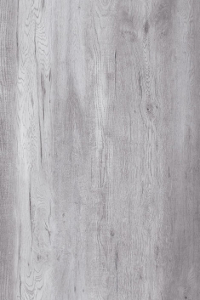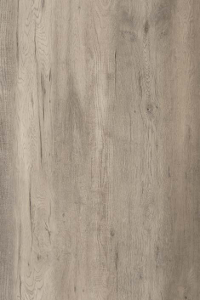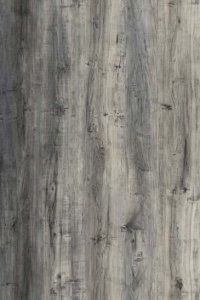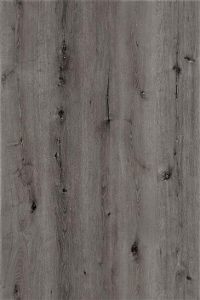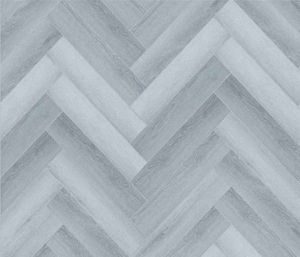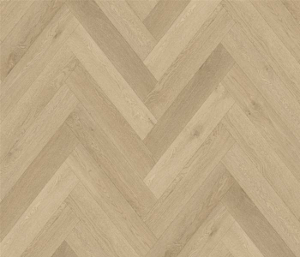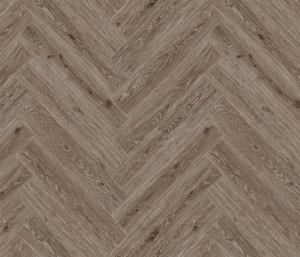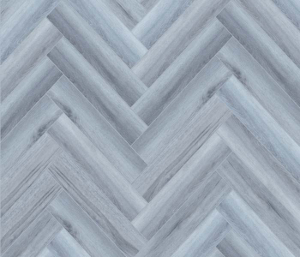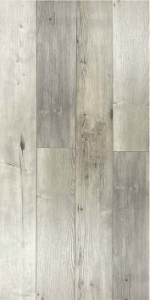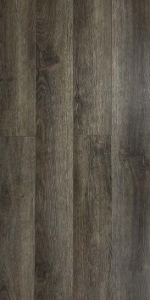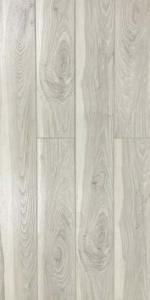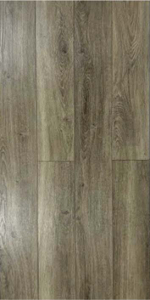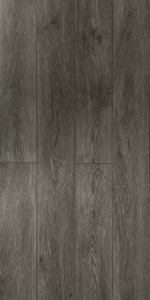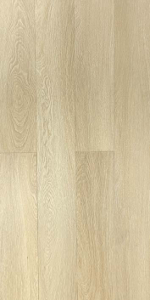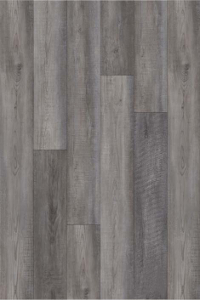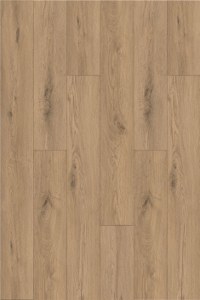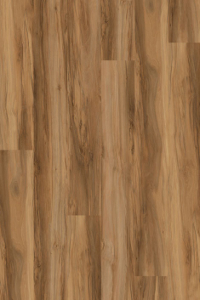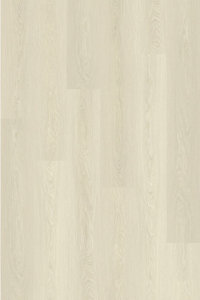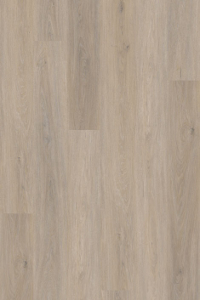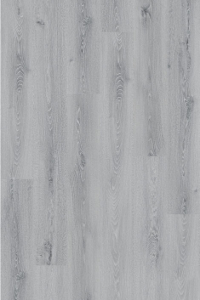We offer a wide range of Luxury Vinyl Plank flooring products.
What is Vinyl Plank Flooring?
Vinyl plank flooring is a synthetic flooring option designed to mimic natural materials like wood or stone. It is known for its durability, water-resistance, and ease of installation. Made from layers of PVC (polyvinyl chloride), it comes in planks that can easily be installed via clicking mechanisms. It's a popular choice for areas prone to moisture, such as kitchens and bathrooms, and offers an affordable yet stylish alternative to traditional hardwood or tile floors.
VINYL PLANK PRODUCTS
Tri Forest HPT6801 Looselay Vinyl Plank Flooring - 5mm
CALACATTA - 551 - Vinyl Tile - Home's Pro - 5.5mm SPC
Tri Forest HPT6803 Looselay Vinyl Plank Flooring - 5mm
Tri Forest HPT6802 Looselay Vinyl Plank Flooring - 5mm
Tri Forest TFL601 Looselay Vinyl Plank Flooring - 5mm
Tri Forest SPC 201-F Click Vinyl Plank Flooring - 6.5mm
TOYAMA - 221 - Glue Down - Vinyl Plank - Home's Pro - 2mm SPC
KENORA - 222 - Glue Down - Vinyl Plank - Home's Pro - 2mm SPC
VIENNA - 223 - Glue Down - Vinyl Plank - Home's Pro - 2mm SPC
MACAU - 224 - Glue Down - Vinyl Plank - Home's Pro - 2mm SPC
SEATTLE - 225 - Glue Down - Vinyl Plank - Home's Pro - 2mm SPC
PORTO - 226 - Glue Down - Vinyl Plank - Home's Pro - 2mm SPC
SUAVE BIANCO - 552 - Vinyl Tile - Home's Pro - 5.5mm SPC
PHANTASIE GRAY - 553 - Vinyl Tile - Home's Pro - 5.5mm SPC
ALASKA - 660 - Click Vinyl Plank - Home's Pro - 6.5mm SPC
TEXAS - 661 - Click Vinyl Plank - Home's Pro - 6.5mm SPC
BAKU - 662 - Click Vinyl Plank - Home's Pro - 6.5mm SPC
MALTA - 663 - Click Vinyl Plank - Home's Pro - 6.5mm SPC
GABON - 664 - Click Vinyl Plank - Home's Pro - 6.5mm SPC
MAINE - 665 - Click Vinyl Plank - Home's Pro - 6.5mm SPC
LUKA - 666 - Click Vinyl Plank - Home's Pro - 6.5mm SPC
DOVER - 667 - Click Vinyl Plank - Home's Pro - 6.5mm SPC
TROY - 668 - Click Vinyl Plank - Home's Pro - 6.5mm SPC
HAVANA - 66B - Click Vinyl Plank - Home's Pro - 6.5mm SPC
HAWAII - 66A - Click Vinyl Plank - Home's Pro - 6.5mm SPC
CODY - 669 - Click Vinyl Plank - Home's Pro - 6.5mm SPC
BONJOUR - 771 - Click Vinyl Plank - Home's Pro - 7.0mm SPC
HOLA - 772 - Click Vinyl Plank - Home's Pro - 7.0mm SPC
MARHABA - 773 - Click Vinyl Plank - Home's Pro - 7.0mm SPC
SALVE - 774 - Click Vinyl Plank - Home's Pro - 7.0mm SPC
SHALOM - 775 - Click Vinyl Plank - Home's Pro - 7.0mm SPC
NAMASTE - 776 - Click Vinyl Plank - Home's Pro - 7.0mm SPC
ROCKY POINT - 882 - Click Vinyl Plank - Home's Pro - 4.2mm SPC
SHORELINE - 881 - Click Vinyl Plank - Home's Pro - 4.2mm SPC
LIGHTHOUSE GRAY - 883 - Click Vinyl Plank - Home's Pro - 4.2mm SPC
CLIFFSIDE - 884 - Click Vinyl Plank - Home's Pro - 4.2mm SPC
GOLDEN BEACH - 885 - Click Vinyl Plank - Home's Pro - 4.2mm SPC
PINE PALACE - 886 - Click Vinyl Plank - Home's Pro - 4.2mm SPC
SOCOTRA 1001 - Click Vinyl Plank - 5.5 mm SPC - HOME'S PRO
TROLLTUNGA - 1002 - CLICK VINYL PLANK - 5.5 mm - HOME'S PRO
ZAKYNTHOS - 1003 - Vinyl Plank - Home's Pro - 5.5mm SPC
MAROON BELLS - 1004 - Vinyl Plank - Home's Pro - 5.5mm SPC
PLITVICE LAKE - 1005 - Vinyl Plank - Home's Pro - 5.5mm SPC
OSHAWA - 1006 - Vinyl Plank - Home's Pro - 5.5mm SPC
TOFINO - 1007 - Vinyl Plank - Home's Pro - 5.5mm SPC
PONCA - 1008 - Vinyl Plank - Home's Pro - 5.5mm SPC
BURSA - 4001 - Glue Down - Vinyl Plank - Home's Pro - 5mm SPC
PUNE - 4002 - Glue Down - Vinyl Plank - Home's Pro - 5mm SPC
SETO - 4003 - Glue Down - Vinyl Plank - Home's Pro - 5mm SPC
ARISH - 4004 - Glue Down - Vinyl Plank - Home's Pro - 5mm SPC
TOURS - 4005 - Glue Down - Vinyl Plank - Home's Pro - 5mm SPC
DIVIBEACH - 6001 - Vinyl Plank - SPC Herringbone - Home's Pro - 6mm
SUNDERLAND - 6002 - Vinyl Plank - SPC Herringbone - Home's Pro - 6mm
BIRCH HILLS - 6003 - Vinyl Plank - SPC Herringbone - Home's Pro - 6mm
CASTLETOWN - 6004 - Vinyl Plank - SPC Herringbone - Home's Pro - 6mm
PROVENCE - 8001 - Click Vinyl Plank - Home's Pro - 8mm SPC
ANTELOPE - 8002 - Click Vinyl Plank - Home's Pro - 8mm SPC
SERENGETI - 8003 - Click Vinyl Plank - Home's Pro - 8mm SPC
FUJI - 8004 - Click Vinyl Plank - Home's Pro - 8mm SPC
PAMUKKALE - 8005 - Click Vinyl Plank - Home's Pro - 8mm SPC
COLORADO - 8006 - Click Vinyl Plank - Home's Pro - 8mm SPC
WESTPORT - 9601 - Click Vinyl Plank - Home's Pro - 6mm SPC
SANDY POINT - 9602 - Click Vinyl Plank - Home's Pro - 6mm SPC
GOLD COAST - 9603 - Click Vinyl Plank - Home's Pro - 6mm SPC
SAHARA - 9604 - Click Vinyl Plank - Home's Pro - 6mm SPC
WABANA - 9605 - Click Vinyl Plank - Home's Pro - 6mm SPC
CAPE SPEAR - 9606 - Click Vinyl Plank - Home's Pro - 6mm SPC
WHAT ARE THE TYPES OF INSTALLATION OF VINYL PLANK?
WHAT ARE THE TYPES OF INSTALLATION OF VINYL PLANK?
Vinyl plank flooring can be installed in various ways:
Glue-Down: Stable but labor-intensive.
Click-Lock: Easy to install and remove, good for DIY.
Loose Lay: Quick but best for small spaces.
Peel-and-Stick: Convenient but may be less durable.
Tongue-and-Groove: Similar to click-lock, may need adhesive.
Hybrid: Allows choice between glue-down and click-lock.
The best method depends on your subfloor, chosen product, and installation approach. Always consult manufacturer guidelines.
For more details about vinyl plank installation types, check this article.
WHAT ARE THE DISADVANTAGES OF VINYL PLANK FLOORING?
WHAT ARE THE DISADVANTAGES OF VINYL PLANK FLOORING?
Vinyl plank flooring has several pros like water resistance and durability, but also comes with cons:
Not eco-friendly: Vinyl is synthetic and non-biodegradable.
Fading: Some versions can discolor or fade in direct sunlight.
Lower Resale Value: Adds less value to a home compared to natural materials.
Off-Gassing: May emit VOCs, requiring good ventilation.
Heat Sensitivity: Less heat-resistant, can warp in extreme heat.
Subfloor Prep: Requires a smooth subfloor, adding to costs.
Not Easily Repairable: Damaged planks often need full replacement.
Limited Lifespan: Generally lasts 10-20 years, less than hardwood.
Sensitive to Heavy Loads: Can indent from heavy furniture.
Cost: High-quality options can be expensive.
Consider these drawbacks to make an informed choice.
For more details about these disadvantages of vinyl plank flooring, visit our article.
IS VINYL PLANK BETTER THAN LAMINATE?
IS VINYL PLANK BETTER THAN LAMINATE?
Choosing between vinyl plank and laminate flooring depends on your project needs, preferences, and conditions.
Vinyl Plank:
Pros: Water-resistant, comfortable, easy to install.
Cons: Not eco-friendly, can be costly, may not withstand heavy loads as well as laminate.
Laminate:
Pros: Mimics natural wood, durable, generally less expensive than high-quality vinyl.
Cons: Not water-resistant, feels hard and can be noisy underfoot.
Opt for vinyl if you prioritize water resistance and comfort and are willing to pay more. Choose laminate for a cost-effective, durable option with a natural look, but avoid in moisture-prone areas. Both offer aesthetic appeal, so consider your specific needs to make the best choice.
The choice between vinyl plank and laminate flooring often comes down to the specific needs of your project, personal preferences, and the conditions in which the flooring will be installed. Both have their pros and cons, and what might be considered "better" in one scenario may not hold true in another. Here's a breakdown to help you decide:
For more information about the comparison for vinyl plank and laminate flooring, visit this article.
IS VINYL PLANK FLOORING A GOOD IDEA?
IS VINYL PLANK FLOORING A GOOD IDEA?
Vinyl plank flooring offers several benefits like water-resistance, affordability, durability, easy installation, low maintenance, comfort, and design variety. However, it's not eco-friendly, adds less resale value compared to natural materials, may scratch or dent under heavy furniture, and generally has a shorter lifespan (10-20 years). Overall, vinyl plank is a good choice for budget-friendly, durable, and water-resistant flooring, but may not suit those prioritizing environmental impact, long-term value, or longevity.
WHAT ARE THE ADVANTAGES OF VINYL PLANKS?
WHAT ARE THE ADVANTAGES OF VINYL PLANKS?
Vinyl plank flooring is durable, water-resistant, and ideal for high-traffic areas. It offers a wide range of design options that mimic natural materials at a lower cost. Installation is DIY-friendly and can often be done over existing floors. The material is comfortable to walk on, offers sound insulation, and is easy to maintain. It's also generally more affordable than natural alternatives, with some options including UV and scratch resistance as well as compatibility with underfloor heating. Consider your specific needs and preferences when choosing this flooring option.
For more information about the advantages of vinyl plank flooring, visit our related article.
WHICH IS HARDER WEARING LAMINATE OR VINYL?
WHICH IS HARDER WEARING LAMINATE OR VINYL?
Laminate flooring is more scratch-resistant, has a longer lifespan, and can be UV-resistant, making it better for high-traffic areas. However, it's not as water-resistant as vinyl and has a harder surface. Vinyl flooring is water-resistant and softer underfoot, making it suitable for moisture-prone areas and more comfortable to stand on. However, it has a shorter lifespan and is more prone to damage from heavy loads. Choose laminate for durability and longevity, and vinyl for water resistance and comfort. The best option depends on your specific needs, such as moisture exposure, foot traffic, and comfort preferences.
WHICH IS QUIETER VINYL OR LAMINATE?
WHICH IS QUIETER VINYL OR LAMINATE?
Vinyl plank flooring is generally better at sound insulation than laminate due to its sound-absorbing properties and softer material. It's a good choice for multi-story buildings concerned with noise transfer. Laminate flooring is harder and can be noisier, but its sound insulation can be improved with special underlayments at an additional cost. If quiet flooring is a priority, vinyl plank is usually the better option.
HOW LONG DOES VINYL PLANK LAST?
HOW LONG DOES VINYL PLANK LAST?
The lifespan of vinyl plank flooring typically ranges from 10 to 20 years but can extend up to 25 years or more for high-quality, commercial-grade options. Factors influencing its longevity include the thickness of the wear layer, material quality, proper installation, regular maintenance, level of foot traffic, and environmental conditions. In commercial settings, expect a shorter lifespan due to higher foot traffic. Warranties vary, often ranging from 5 to 25 years for residential use. For maximum longevity, proper care and adherence to manufacturer guidelines are essential.
For more details about lifespan of vinyl plank flooring visit this article.
WHAT CAN RUIN VINYL FLOORING?
WHAT CAN RUIN VINYL FLOORING?
Vinyl flooring is generally durable, but certain factors can damage it or diminish its appearance. Heavy furniture can cause indentations, while dragging items across the floor can lead to scratches. Chemicals like bleach and ammonia, as well as rubber mats, can cause staining or discoloration. Extreme temperatures and direct sunlight can cause fading, melting, or cracking. Although water-resistant, standing water and high humidity can still damage vinyl. Improper installation can result in gaps or unevenness, and sharp objects or abrasive materials can scratch the surface. High foot traffic and neglect in maintenance can also reduce its lifespan and appearance. To maintain vinyl flooring, follow manufacturer guidelines and take preventive measures like using felt pads under furniture and choosing appropriate cleaning agents.
For more information about the reasons of vinyl plank damage, visit this article.
WHAT THICKNESS OF VINYL PLANK FLOORING IS BEST?
WHAT THICKNESS OF VINYL PLANK FLOORING IS BEST?
The optimal thickness for vinyl plank flooring varies based on your needs, installation area, and budget. Thickness generally ranges from 2mm to 8mm or more:
- Entry-Level (2mm-4mm): Suitable for light traffic areas like bedrooms, most economical, but less forgiving on uneven subfloors.
- Mid-Range (4mm-6mm): Good for moderate traffic areas like living rooms, offers a balance between cost, comfort, and durability.
- High-End (6mm-8mm+): Ideal for high-traffic or commercial areas, offers better durability, sound insulation, and comfort. Easier to install on uneven subfloors.
Other factors affecting your choice should include:
- Wear Layer: A thicker wear layer adds durability.
- Material Quality: Higher quality often means better durability, regardless of thickness.
- Subfloor: The condition of the subfloor can influence the best thickness for you.
- Installation Method: Thicker planks may offer easier installation methods like click-lock.
- Budget: Thicker options are generally more expensive.
- Warranty: Higher-end products usually have longer warranties, indicating better quality.
So, the "best" thickness is dependent on your specific requirements, budget, and where you plan to install the flooring.
For more details about the thickness and other details of vinyl planks, visit this article
DO YOU NEED UNDERLAY FOR VINYL PLANK FLOORING?
DO YOU NEED UNDERLAY FOR VINYL PLANK FLOORING?
The need for an underlayment for vinyl plank flooring depends on the type of vinyl, the condition of the subfloor, and specific project requirements. Glue-down and self-adhesive types usually don't require an underlayment, while click-lock vinyl might. An underlayment can be beneficial for uneven subfloors, sound dampening, insulation, and comfort. Always consult the manufacturer's guidelines, as not following them could void your warranty.
Find more details about vinyl plank underlayment requirements in this article.
